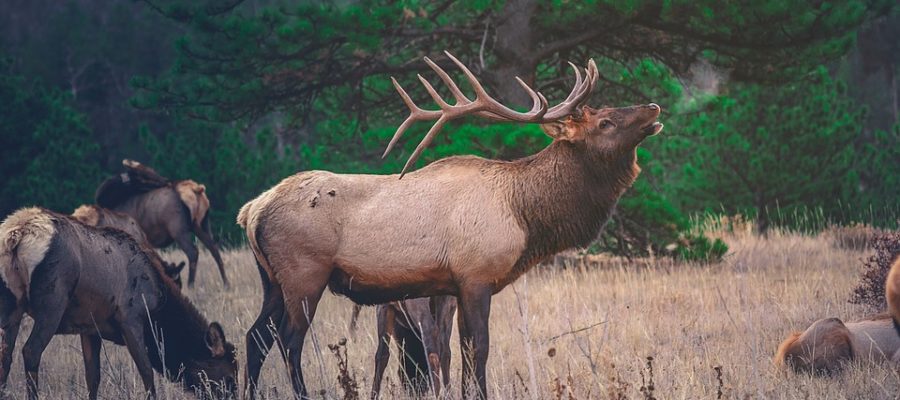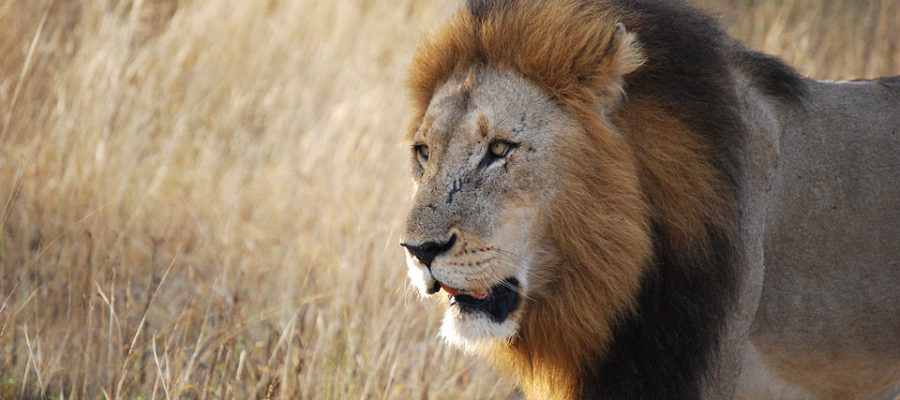Ontario’s wild, or feral, apple trees have a genetic connection to apple varieties grown more than a century ago in the province, says U of G research that compared the genetics of hundreds of feral trees to that of non-feral varieties. “A relatively small number of varieties that were grown in Ontario more than 100
Tag: integrative biology
Mammals Move Less in Human-Modified Landscapes

Most mammals are on the move every day searching for food, finding a mate or seeking shelter. But mammals in human-modified landscapes move much shorter distances on average. A new international study co-authored by University of Guelph biologists found that, over a 10-day period, mammals in areas with high human activity range only half to
Where are the lions and other top predators?

Why aren’t there more lions when there’s plenty of prey on the African savanna? A team of researchers, including integrative biology professors John Fryxell and Kevin McCann, found that relative amounts of predator and prey biomass in diverse ecosystems around the globe are remarkably well-predicted by a simple mathematical function called a power scaling law.